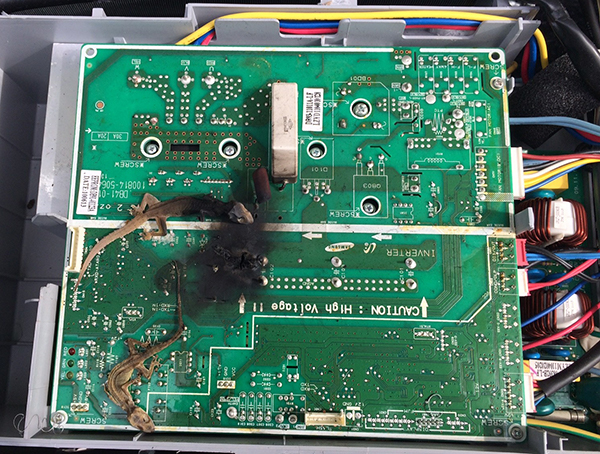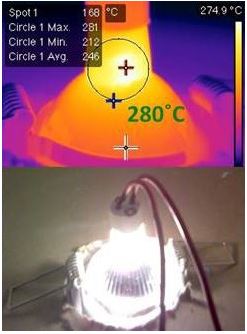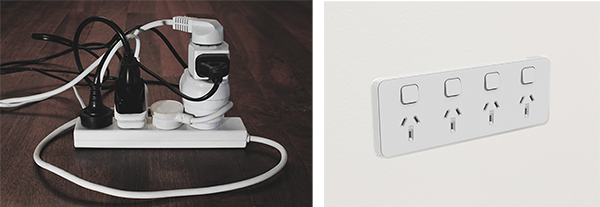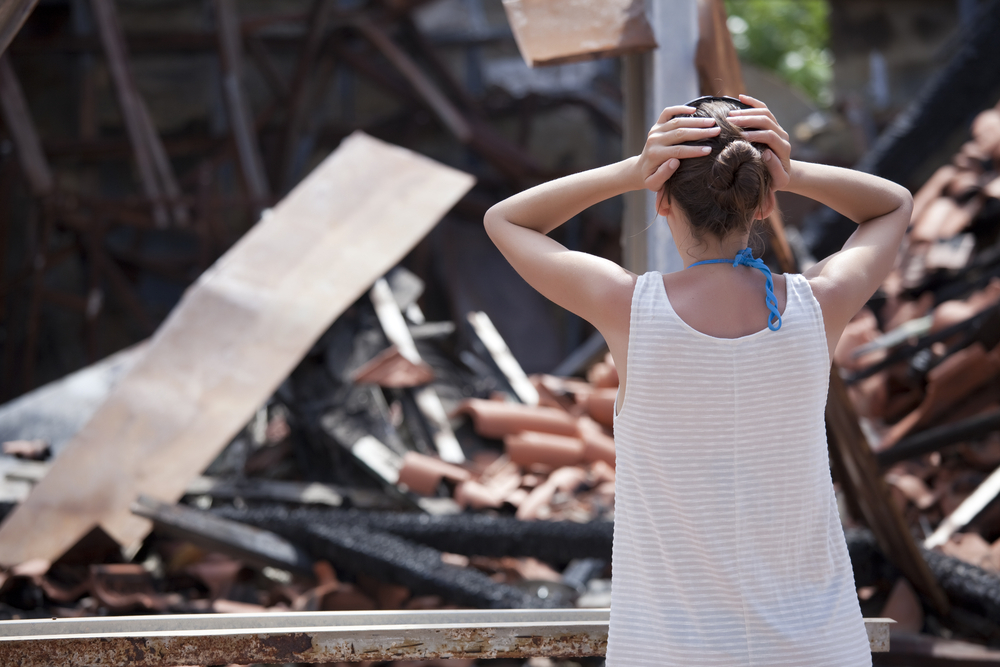20 April 2018
Summer may be over, but the risk of fire isn’t
Brisbane house fires have been an all too common feature on the news of late, with the latest taking 3 lives in Everton Park. While the cause of some of these fires is still unknown, there are some suspects that could be posing a risk in your home.
Pests damaging plumbing, air conditioning, or electrical systems
As it starts to get cooler, typical household pests seek warm refuge in your home.
Rats and mice often chew electrical wires as a means of wearing their teeth down. Should the exposed wires then come into contact with any water or flammables such as insulation or timber, they become a major fire risk.
If you suspect you have rats or mice in your ceiling or roof cavities, it’s a good idea to first eradicate them and then have your wiring checked as soon as possible.
Be careful how you bait rats. Most baits make rats dehydrated and their search for water can be in your drains, causing plumbing issues if they chew through a pipe to get to it! Opt for traps instead of poison. If poison is needed, provide a nearby water source. The rats will still be eradicated but will be less likely to cause damage to your pipes in their attempt to rehydrate.

Geckos are known to seek out the warmth of air conditioning unit circuit boards. This can cause the circuit board or fuse to blow, leaving you at serious risk of a house fire. Having your air conditioning regularly serviced can help prevent geckos from causing damage to your unit and the risk of fire. Gecko deterrents can also be installed or replaced as part of the service to prevent future infestations.
Lighting fixtures overheating
Halogen downlights are a popular feature of many Queensland homes. While appealing, their low cost and accessibility mean that many people wrongly install them themselves.
Halogen downlights can produce 250°C heat and that can increase depending on the light and the way it was installed. If they have been installed without enough space between the fitting and any timber or insulation the risk of fire increases substantially. Halogens warmth also attracts pests, who tend to nest and move insulation and chew on the downlight wiring.

Check to see whether you are using Halogen downlights by pulling them down from the ceiling after they have been switched off for a while. The bulb will be one single bulb. If you have halogens and are concerned about whether they are a safety risk, it’s best to seek the advice of an electrician. They can look at your lighting and ensure that it hasn’t been installed or altered in any way that could compromise safety. In most cases, however, we strongly recommend replacing halogen downlights with LED.
LED downlights produce approx. 55°C heat, meaning they are less of a risk. On top of the additional safety, they are also much more economical and cost-efficient as they require less energy to produce visible light.
Appliances, cords, & overloaded power outlets
If not used or cared for correctly, some appliances can be a threat to your home’s fire safety. Always remove/unplug any appliance that becomes faulty. Where possible, you should also switch appliances off at the power point when not in use. Clothes dryers are a particular threat when the lint filter is not regularly cleaned out.

Overloading power points or power boards increases the demand for power leading to a short circuit and even house fire. Avoid using double adaptors and limit the number of high power consumption appliances plugged into one outlet.
Keep an eye on your electrical cords. Do not run any extension leads under carpets or rugs and replace any damaged cords as soon as possible.
Gas appliances should only produce a blue flame. If you see only yellow or red, call a gas fitter immediately. Turn gas appliances off when you’re not using them and make sure you clean any fats, oils or gas leakage from your BBQ.
Heating
As winter nears, the use of portable heaters poses a major fire risk. There are a few important things to remember when heating your home that can help keep you and your family safe, and warm.
Never hang clothes on a portable heater and make sure any flammable material is kept at least a metre away. Remember to turn your heater off when you leave the room or the house. Never leave your oven open to use it as a heater. Leave outdoor gas heaters outside.
You can also take further steps to ensure your family’s safety by testing your smoke alarms regularly and making sure your system is compliant with new legislation. You can find out more about smoke alarm legislation here – Queensland Smoke Alarm Legislation.
There are plenty of checks and safety measures you can perform yourself, however, any electrical work or concerns must be addressed by a licenced electrician. If you have any concerns or would like more information on an electrical safety inspection for your home, or on smoke alarm legislation, feel free to give us a call.
1300 712 028
Suggested articles
No articles found

